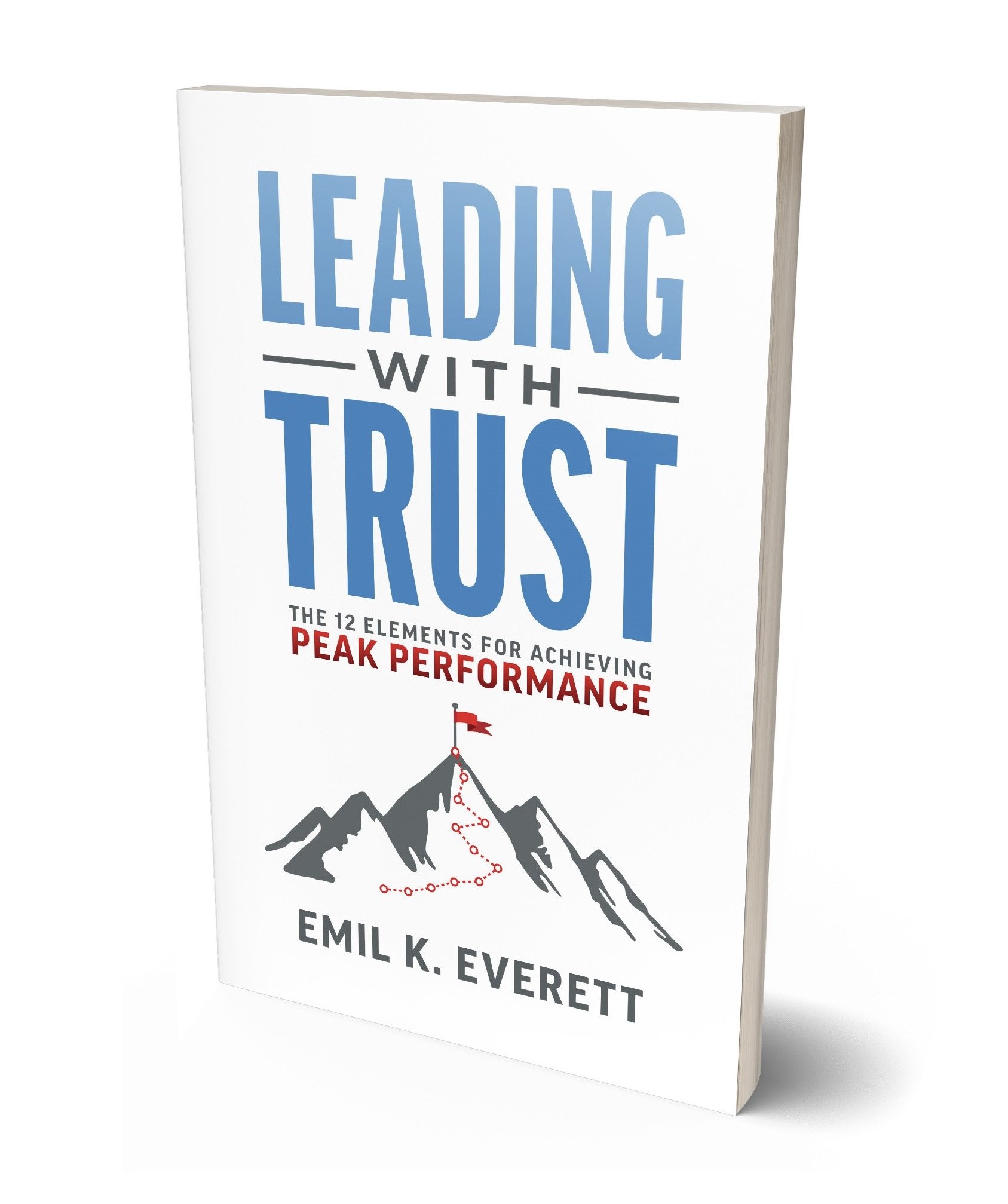Values: The Operating System of an Organization
Organizations and teams face numerous challenges in today’s ever-changing business environment that require clear direction, unity, and a solid ethical foundation. One crucial aspect that plays a pivotal role in shaping the character of an organization or team is its set of values. Values, often called an entity's guiding principles or moral compass, serve as the fundamental framework upon which all actions, decisions, and behaviors are built. They are akin to an organization's operating system, steering it in the right direction and ensuring consistency and coherence in its actions.
Values are deeply ingrained beliefs and principles that shape an organization's culture, ethics, and behavior. They provide a shared understanding of what is essential, guiding individuals and teams in making choices aligned with these principles. Values are the foundation for an organization or team's mission, vision, and goals. They are the core principles that define the character and identity of the entity.
To better understand the significance of values, think of them as an organization's operating system. Just as an operating system controls the functioning of a computer, values govern the actions and decisions within an organization. They provide the necessary structure and coherence, ensuring that every organization member operates in harmony towards a common purpose. Without this guiding system, an organization can become chaotic, with conflicting actions and a lack of direction. And just like a computer, it crashes.
The absence of clear values within an organization or team can have severe consequences. Individuals may act according to their beliefs without values to guide them, leading to inconsistency and conflict. This can result in a toxic work environment, reduced employee morale, and even legal and ethical issues. Furthermore, the absence of values can make it challenging for an organization to define its identity and purpose, hindering its ability to adapt and thrive in a rapidly changing landscape.
On the other hand, organizations and teams that embrace a well-defined set of values enjoy several benefits. Firstly, values set the ethical standard within an organization, fostering trust and integrity. When values are discussed and used to hold team members accountable for their actions, it reduces the reliance on rules and guidelines and supports an innovative culture with the freedom to act. This allows for quicker decision-making and a more agile response to challenges.
Defining values is just the beginning; breaking them down into specific actions is equally essential. Actions become behaviors, behaviors become habits, and habits become your culture. By clearly defining how each value should manifest in day-to-day actions, organizations and teams can ensure that these values are not just words on paper but principles deeply embedded in their culture and operations.
As Ron Carucci emphasized in his HBR article titled Build Your Reputation as a Trustworthy Leader, your values serve as a yardstick that others use to gauge their experience of you. If you haven't articulated them, people are left to make assumptions that may not align with your beliefs. And if you have articulated them, be especially vigilant about embodying them. List your most essential values and define how you intend for them to appear in your day-to-day actions.
It is important to note that an organization or team should limit the number of values to a manageable and memorable quantity. A common guideline is to have five or fewer values. This ensures that these values are not diluted and can be consistently upheld. Having too many values can lead to confusion and a lack of focus.
Values are the backbone of any successful organization or team. They provide a clear sense of purpose, guide decision-making, and shape the culture and identity of the entity. Values serve as the operating system that ensures coherence, consistency, and ethical behavior. Organizations risk losing their way without them in a complex and ever-changing world. Therefore, defining and embodying a set of values is not just an option but a necessity for any organization or team aspiring to thrive and make a positive impact.

